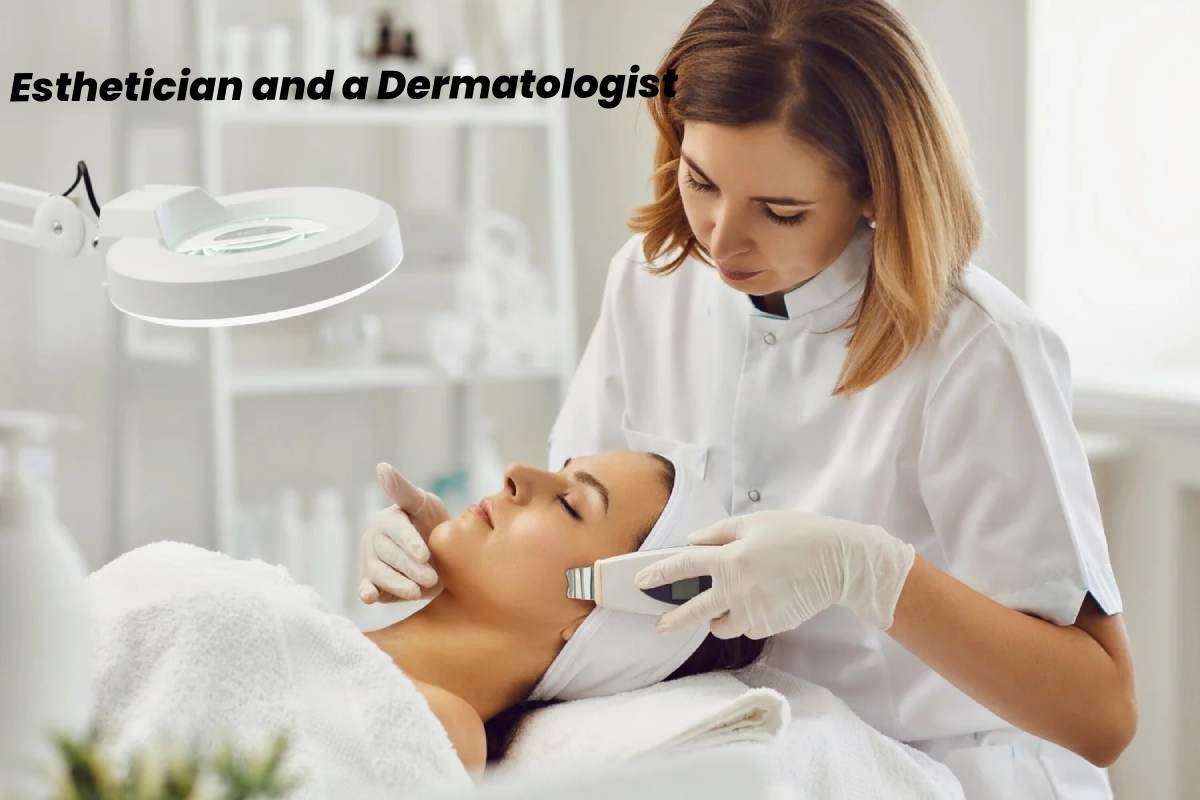Skin health is often a mix of science and care. People visit professionals to improve their skin’s appearance, treat acne, or manage more serious conditions. However, many are unsure who to see, an esthetician or a dermatologist. Clinics such as Dr. Evelyn Tay dermatologist clinic often help patients understand where medical treatment ends and cosmetic care begins.
Education and Training
The biggest difference lies in their education. A dermatologist is a licensed medical doctor who specializes in diagnosing and treating skin, hair, and nail diseases. They complete medical school, followed by years of residency training. This background allows them to handle everything from eczema and psoriasis to skin cancer.
An esthetician, on the other hand, attends a cosmetology or esthetics program focused on improving the skin’s appearance. They are trained in facial treatments, exfoliation, peels, and non-invasive procedures but are not qualified to diagnose or treat medical conditions. Their work focuses on maintaining and enhancing healthy skin rather than treating disease.
Scope of Practice
Dermatologists have the authority to prescribe medication, perform surgeries, and use advanced treatments such as laser therapy or injectable procedures. They can also order biopsies and laboratory tests to investigate underlying causes of skin issues.
Estheticians focus on surface-level care. They provide treatments like facials, waxing, microdermabrasion, and chemical peels. Their goal is to cleanse, rejuvenate, and maintain the skin, making it smoother and more radiant. While they can address acne and other minor concerns, they must refer clients to a dermatologist for medical issues.
Common Reasons to See Each Professional
Dermatologist:
- Chronic or severe acne
- Suspicious moles or skin growths
- Persistent rashes, eczema, or psoriasis
- Hair loss or nail disorders
- Cosmetic treatments requiring medical supervision, such as fillers or laser resurfacing
Esthetician:
- Routine facials and skincare maintenance
- Exfoliation or deep cleansing
- Minor breakouts or skin dullness
- Advice on skincare products for daily use
Working Together for Healthy Skin
Many patients benefit from combining both types of care. Estheticians can maintain the results of dermatological treatments through regular facials and product guidance. Meanwhile, dermatologists handle the diagnosis and treatment of underlying conditions. Together, they can build a holistic approach to skincare that addresses both health and beauty.
Working together also ensures that clients receive continuity of care, where both professionals align on the right treatment plan and skincare routine. For instance, after a dermatologist prescribes medication for acne, an esthetician can assist in managing skin dryness or sensitivity caused by those treatments. This collaboration helps patients achieve better, longer-lasting results while avoiding irritation or conflicting products.
Regular communication between the two professionals also enhances safety by preventing overlapping procedures that may stress the skin. Ultimately, when dermatologists and estheticians coordinate their expertise, patients enjoy clearer, healthier, and more radiant skin with well-balanced professional support.
Final Thoughts
Both estheticians and dermatologists play valuable roles in maintaining skin health. If you have ongoing skin concerns or conditions that don’t respond to over-the-counter products, consulting a dermatologist is the best choice. For regular maintenance and non-medical care, an esthetician can help you maintain glowing, balanced skin. Knowing the difference ensures you get the right care at the right time.



